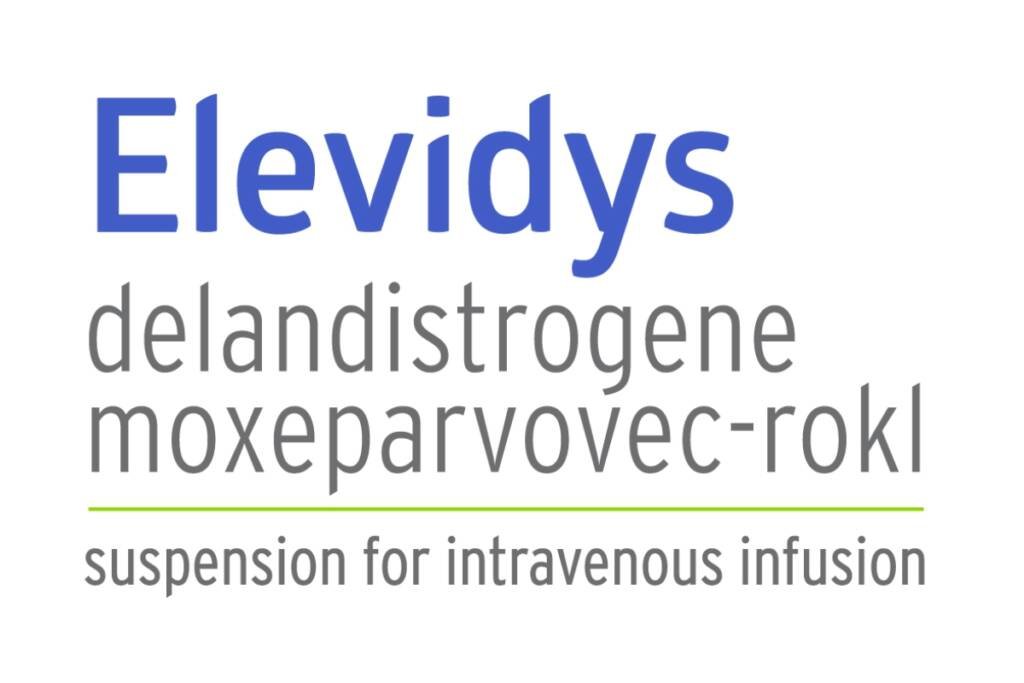The speedy approval of Sarepta’s Duchenne muscular dystrophy (DMD) gene therapy has been achieved after several delays and a close advisory committee vote.
Elevidys received FDA clearance one month later than expected and for a smaller patient base than originally planned. But for Sarepta, a victory is a victory.
The medication is specifically licensed to treat ambulatory children aged 4 to 5 who have a known mutation in the DMD gene.
CEO Douglas Ingram informed investors during a teleconference on Thursday that Elevidys, a one-time gene treatment, has a list price of $3.2 million at Sarepta. He cited a study that said the therapy may be economical at $5 million.
Based on logistical and policy obstacles that need to be resolved, Ingram anticipates the launch to take a few months to start up, he told investors.
Sarepta is collaborating with payers on “some innovative concepts” as opposed to the treatment outcome-based payment strategy that other gene treatments have taken to control costs, according to the chief executive.
In order to stimulate the creation of the micro-dystrophin protein, which is required for individuals with the condition because they are unable to do so on their own, Elevidys injects a micro-dystrophin-encoding gene into the muscle tissue of a patient.
Lack of this protein causes muscles to gradually lose strength. The goal of Sarepta’s treatment is to alter the course of the illness to a less severe one.
The FDA had some reservations about the medication, but it ultimately decided to support the therapy’s risk-benefit profile after a close 8–6 vote in favor by its advisory committee. The committee’s decision was heavily influenced by the treatment’s clinical safety data, which revealed 13 major side effects in 85 patients but no fatalities or discontinuations owing to adverse events.





























